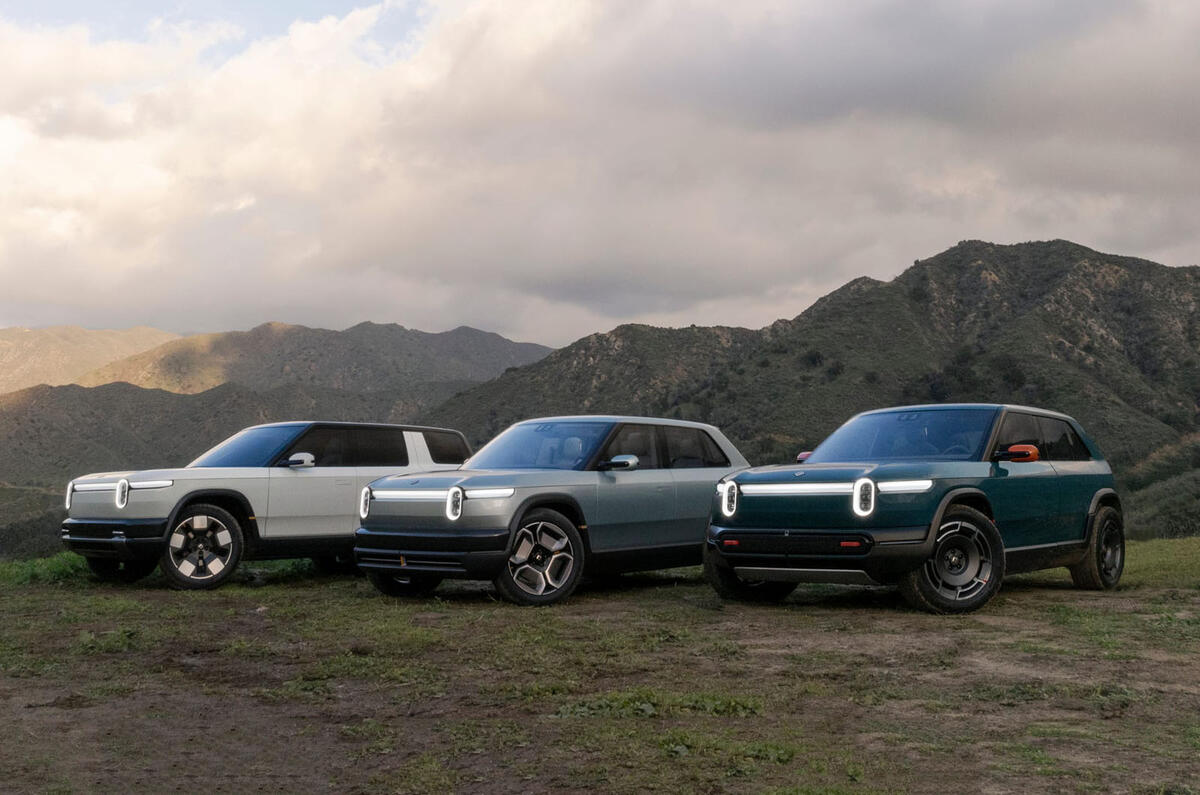The first time I interviewed Rivian founder and CEO RJ Scaringe was late on press day at the Los Angeles motor show in November 2018. Earlier that day, the young Floridian had finally gone public with the car company he had created from the ground up over the past decade.
At the time, Rivian felt different to other automotive start-ups in how seemingly Scaringe had thought of everything on the business and manufacturing side as well as simply creating a cool, compelling product in the R1. Most start-ups are great at the latter but fall over when attempting the former.




Add your comment